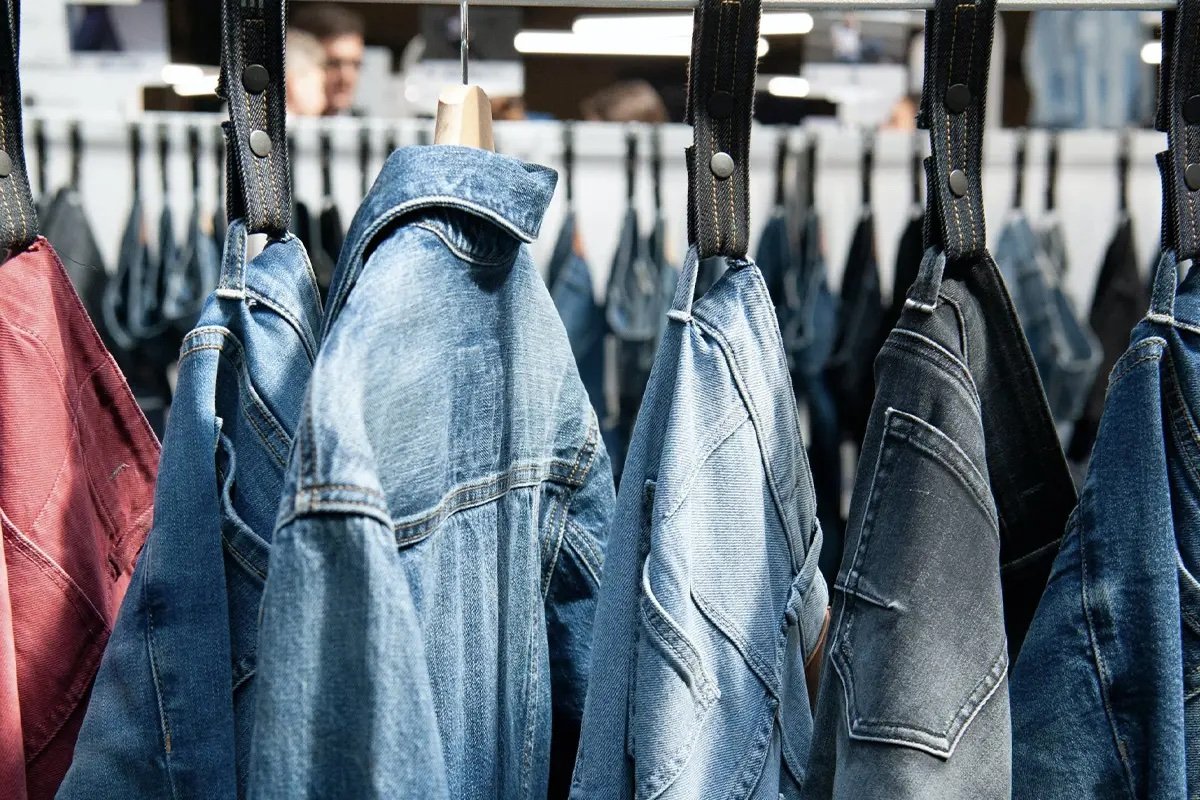Unzip the Future with sustainable denim
Innovation and sustainability often feel like opposing forces in large-scale industries like fashion, but for Ulrich Bröger, founder of b.unlimited, they are inseparable. In this conversation, we explore the journey behind Unzip the Future, a project that challenges conventional denim production by embracing hemp. From the hurdles of scaling ethical alternatives to the role of government policies in shaping a fairer market, Bröger shares his vision for a fashion industry that prioritizes responsibility without compromising on style.
Could you share the story behind “Unzip the Future”? How has the journey shaped your perspective on sustainable innovation?
The 5styles brand was born from our deep love for denim and our frustration with the often deplorable conditions under which it has traditionally been produced. Drawing on Switzerland’s proud tradition of innovation and Italy’s unparalleled design heritage, we were convinced that combining these two strengths would create a winning formula.
What inspired you to focus on hemp specifically for your denim designs? Was there a personal or professional turning point that connected you to this material?
Hemp is a fiber rich in history, versatility, and unmatched environmental benefits. This enabled us to craft a product that not only embodies timeless style but also addresses the pressing environmental challenges facing the fashion industry. The turning point for us came during a detailed lifecycle analysis of traditional denim, revealing the staggering environmental impact of conventional cotton and synthetic fibers. Hemp emerged as the most sustainable solution, absorbing CO2, requiring minimal water, and being naturally biodegradable. Historically, the first jeans were produced using hemp, not cotton—a legacy we felt compelled to honor and modernize. Remarkably, hemp cultivation absorbs up to 22 tons of CO2 per hectare, making it an unparalleled ally in combating climate change. With this, we decided to lead the change in introducing high-quality, 100% hemp denim, redefining what it means to “Unzip the Future.”
Since hemp is often celebrated as a sustainable alternative to traditional materials, what has stopped the market from embracing this solution, in your opinion?
The price of our 100% hemp denim reflects the challenges of a young, unscaled industry. Hemp is produced in lower volumes than cotton, making raw materials more expensive, while specialized harvesting and processing add complexity. Most textile mills are optimized for cotton, requiring costly modifications to work with hemp. Research and development—testing weaving techniques and refining finishing processes—further contribute to costs.
Currently, small-scale production limits cost efficiency, but as demand grows and processes improve, the price gap will narrow. If scaled to an industrial level, hemp denim could compete directly with cotton, with only a slight cost difference—adding just about €0.50 per pair of jeans for consumers.
Your product’s higher price highlights its commitment to sustainability. When faced with challenges in marketing your product, how do you address their concerns and advocate for the value of sustainable innovation?
To address consumer concerns, we emphasize transparency, educating our audience on the benefits of hemp and the long-term value of supporting sustainable innovation. Additionally, we stress the superior wearing qualities of our jeans: hemp offers better moisture and temperature management,
naturally antibacterial properties (resulting in less frequent washing), and a softer, more comfortable touch that improves with every wear. These features not only enhance the customer experience but also contribute to a more sustainable and mindful approach to fashion consumption.
The fashion industry thrives on low prices, often enabled by unsustainable and exploitative practices. In your opinion, what ethical obligations do large fashion brands have to prioritize sustainable alternatives, even when it affects their profit margins?
We believe that fashion brands, regardless of size, have a moral obligation to prioritize sustainability. True innovation lies in balancing profitability with responsibility. At b.unlimited, we’ve shown that sustainable practices are not a trade-off but an enhancement to brand identity and customer loyalty.
The international supply chain disruptions have made it clear: the fashion industry must return to more localized production. Hemp stands out as the only raw material that can be cultivated in virtually every region of the world, offering a unique opportunity to decentralize and secure supply chains.
Moreover, these disruptions have highlighted the need for brands to regain control of their value chains. Only those companies that embrace innovation and accountability will thrive in the future. Consumers are increasingly disenchanted with fashion brands that merely brand generic products without offering meaningful innovation. They are seeking real solutions, transformative ideas, and products that resonate with their values—exactly what b.unlimited aims to deliver.
How do you see the role of the government in supporting sustainable innovations like yours? Could policies such as subsidies or stricter regulations help create a more equitable and competitive market for ethical products?
The fashion industry has the innovation to drive sustainability, but policy must address market inefficiencies. Current tax structures often make it cheaper to destroy unsold garments than to recycle them, while global shipping subsidies undercut local production. High energy costs in Europe further strain SMEs striving for sustainability. To level the playing field, governments should introduce targeted subsidies for eco-friendly materials, enforce stricter environmental regulations, and adjust trade policies to reflect the true cost of long-haul imports. Funding R&D and streamlining bureaucracy for green startups would also accelerate innovation.
Ultimately, we don’t believe the government should dictate how to innovate. Rather, governments can create a fair environment where everyone competes on equal terms, rewarding sustainability and ingenuity. With the right support, small and medium enterprises can break through, prove their concepts, and reshape industries from the ground up.





